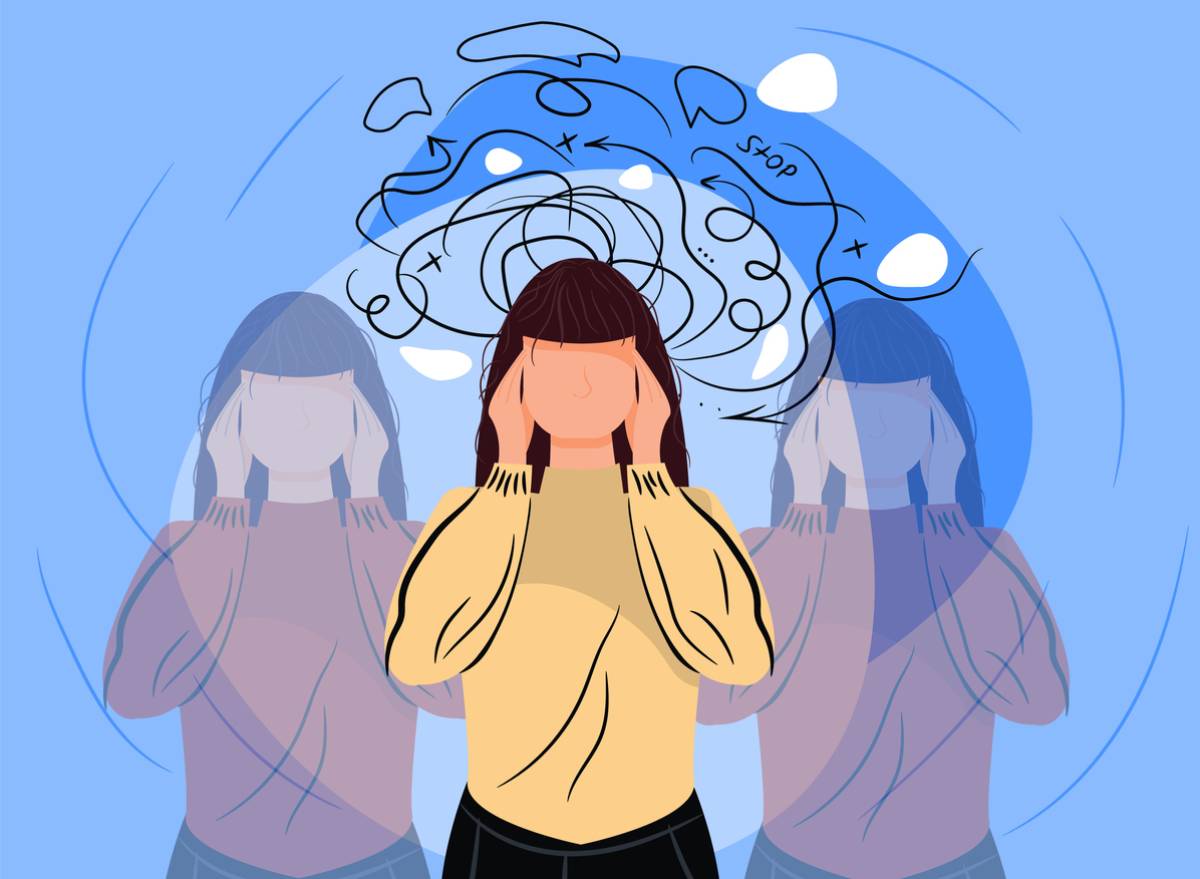
What actually is trauma:
We are literally human animals and trauma is essentially the result of our primal instincts going awry. It's not a straightforward, rational phenomenon as we're often conditioned to think. Despite the intensity of an experience, not everyone who undergoes it ends up traumatized.
The crucial factor lies in how our bodies react to these events and whether they manage to return to a balanced state afterward. Failure to discharge and process the energy generated during such moments can lead to its stagnation in fear, trapping us in a state of distress. Trauma triggers a biological response in our primal selves that should ideally remain flexible and adaptable, rather than becoming rigid and dysfunctional.
We're frequently pressured to bounce back swiftly from overwhelming situations, which in turn inflicts trauma upon our bodies, whether we're aware of it or not. Ignorance of our trauma doesn't shield us from the problems it causes; instead, it merely pushes it deeper into our psyche, exacerbating its effects.
Symptoms of stored trauma:
Trauma symptoms aren't just physical but psychological too. It's held in the mind and can manifest themselves as symptoms, like:
- depression
- insomnia
- complaints
- lack of openness
- panic attacks
- becoming startled easy
- repetitive destructive behavior
- unprovoked rage or annoyance
Held within the symptoms of trauma are the very energies, potentials, and resources necessary for their transformation. If these trapped energies are not allowed to move, and trauma becomes chronic, it can take a lot of time and energy to bring the body back to homeostasis and health.
Ask yourself, by experiencing these symptoms what am I missing out? How is it getting in my own way? What could be possible from my life if these symptoms weren't showing up?
